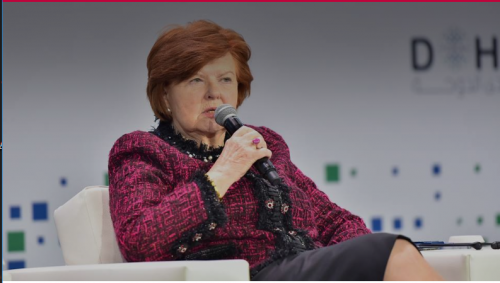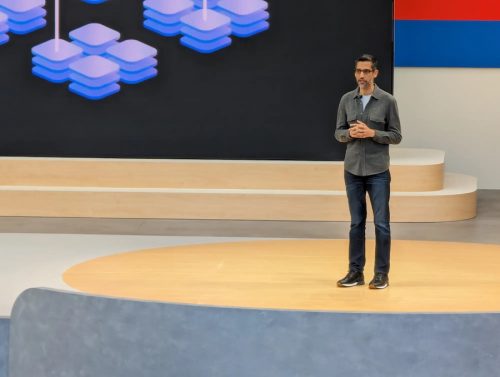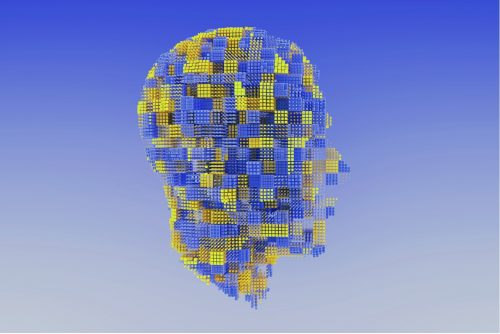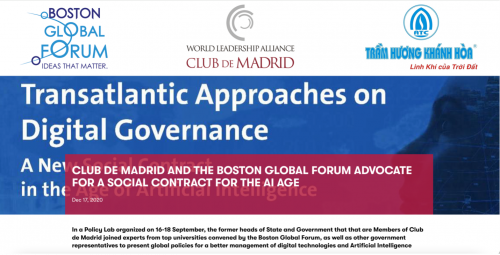On 15-16 December, the Doha Forum 2018 took place in a forward-looking platform for policy makers from all over the world to discuss how we enhance and optimize on cooperation between different perspectives, expertise, countries and organizations. Vaira Vike-Freiberga, President of the World Leadership Alliance – Club de Madrid, a member of BGF’s Board of Thinkers, discussed the challenges in implementing the Sustainable Development Goals (SDGs) in a plenary session at the Forum.

Vaira Vike-Freiberga was a member of Independent Team of Advisors, which gave recommendations based on analysis regarding the changing role of the UN development system considering the 2030 Agenda, the development program that is meant to implement the SDGs. She participated in the discussion session with Ahrim Steiner, Administrator of the United Nations Development Programme (UNDP).
Key points highlighted in her recommendation for 2030 Agenda includes:
Achieving the SDGs will take commitment and belief
As the financial resolution addressed by Ahrim Steiner, she claimed additional requirements to achieve the goals, including commitment and belief. “It takes commitment and belief in the ability of the human race to sustain a planet that it will not self-destroy, but that will continue to thrive and develop” said Vike-Freiberga.
A common Agenda for states with different priorities
Since there are 193 UN Member States there is no way all of them could take the same approach to adopting of Agenda 2030. “It would take a bold soul to claim that all nations sitting at the UN General Assembly have hearts beating at the same rhythms and minds committed to the same ideals,” said the President of the World Leadership Alliance.
Technology: ally or foe?
Following the priorities of states, technology was mentioned in her speech. She emphasized the potential result of unequal access to technology between states. “Modern technologies will allow people in remote areas to have access to education. If you couldn’t bring teachers to the students, technology can bring them the information that they need.”
The role of the SDGs in global governance
Rising inequality and the fact that the “GINI index is growing in both developed and undeveloped countries” mean that a common agenda for development is even more necessary. “If this is not reversed, a significant part of the world will not have reached the SDGs by 2030”, said Vaira Vike-Freiberga.










